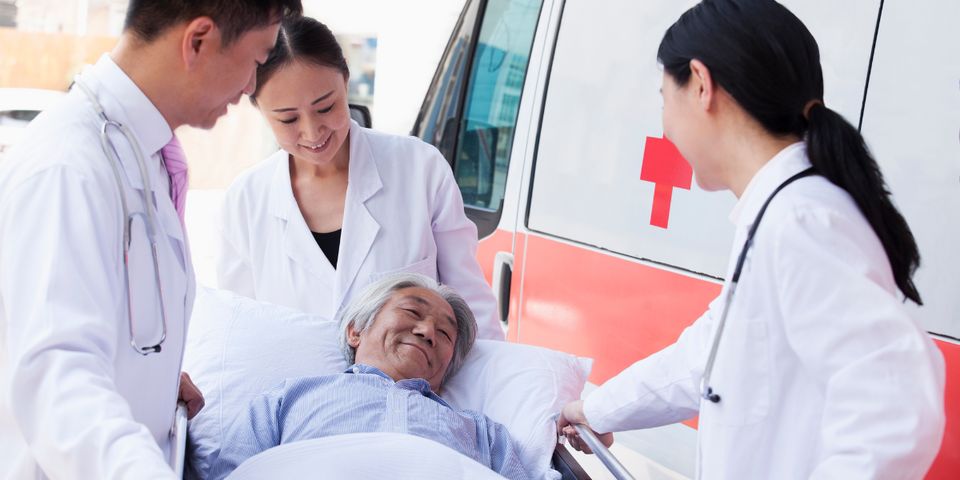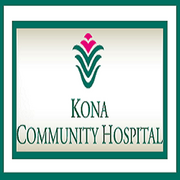
When you or a loved one is facing an illness, injury, or pain, it can be difficult to determine when an emergency room visit is necessary. Some problems can wait for a scheduled doctor’s appointment, but more serious issues will require immediate medical attention. The guide below will help you determine when to seek emergency medical care.
What Symptoms Warrant an Emergency Room Visit?
If someone is facing a potentially life-threatening or permanently disabling event, they should be taken to the emergency room immediately. Problems such as severe chest pain, difficulty breathing, serious burns, broken bones, seizures, loss of consciousness, poison ingestion, heavy bleeding, severe allergic reactions, major trauma from a fall or accident, irregular heartbeat, heart attacks, and strokes warrant going to an emergency room. Victims of crimes, such as gun violence and sexual assault, also need prompt medical care.

As a preemptive measure, learn to recognize the symptoms of a stroke or heart attack. Signs of a stroke include facial drooping, arm weakness, and slurred speech. A heart attack is generally accompanied by pressure, squeezing, or pain in the chest; shortness of breath; pain or discomfort in the arms, neck, jaw, back, or stomach; nausea; and lightheadedness.
When Should You Call an Ambulance?
Many individuals won’t call an ambulance when they need to, either to avoid the costs or tying up the emergency line. If your life is not in immediate danger and your condition will not decline right away, you may be fine getting a ride. However, in serious cases, it's better to err on the side of caution and call 911 or an ambulance than risk your condition worsening.
While driving yourself or having a loved one take you might seem faster, ambulances don't need to stop at red lights, adhere to the speed limit, or sit in traffic. Paramedics and emergency medical technicians (EMT) can also provide critical care upon arrival and on the way to the emergency room. They're equipped and trained to monitor vital signs and begin treatment right away, which is crucial in situations where immediate care could be life-saving. If you're unsure about the severity of the condition, it's best to call just in case.
What Should You Bring?
While waiting for the ambulance, you may have some time to prepare for the emergency room visit. If you can, bring insurance cards, photo ID, the name of your primary care physician, a list of current medications and supplements, a list of allergies, the name and phone number of your pharmacy, and a credit card. Try to leave valuables, such as jewelry or cash, at home. If you might need to spend the night, pack a bag of comfortable clothing, toiletries, and a phone charger.
For 24-hour emergency services in the Kealakekua area, head to Kona Community Hospital. Serving the West Hawaii community for over 100 years, this hospital provides exceptional, comprehensive care, from maternity care and surgery to behavioral health and cancer services. Learn more about their emergency room services online.
About the Business
Have a question? Ask the experts!
Send your question

